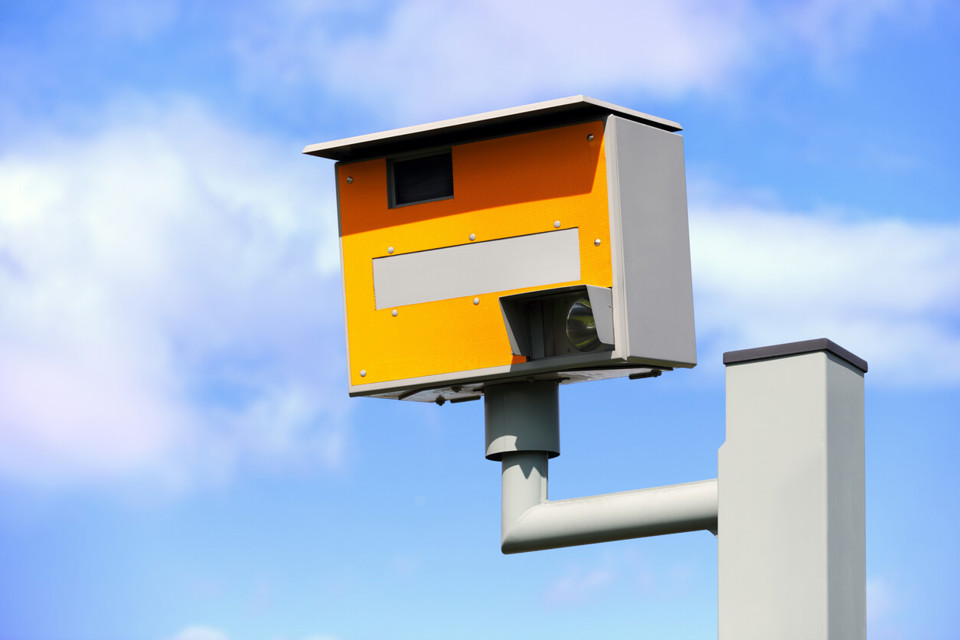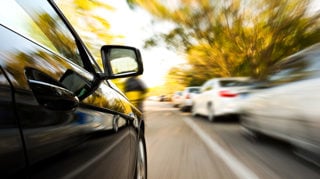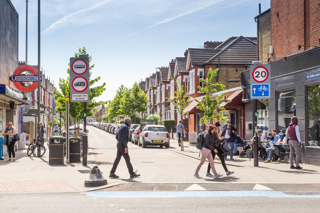Almost half of drivers have admitted to breaking the speed limit of 60mph on rural roads, new research from the RAC suggests.
Some 48% of the 3,102 drivers questioned for the RAC Report on Motoring say they have exceeded the speed limit in the past year on these roads – up from 44% in 2021 and matching the highest figure ever seen by the RAC in 2016.
Almost one in 10 – some 8% – confess to having done this frequently while 40% say they have done it occasionally on up to half of their journeys on these roads.
In 2021, 514 people were killed in a total of 11,827 collisions on 60mph non-built-up roads – a fatality rate of 4%, which is higher than on motorways.
On motorways and high-speed dual carriageways, the UK’s fastest roads, as many as 60% of drivers say they have broken the 70mph limit, either on most journeys (16%), or on up to half of their trips (43%) in the past 12 months.
This is up by five percentage points compared to 2021 when 55% admitted to having exceeded the limit.
The 60% figure is the biggest percentage seen by the RAC since 2017, when 66% owned up to this. However, it is still down on the record of 70% reported in both 2015 and 2016.
The most common reason drivers give for exceeding the motorway 70mph limit is that they are travelling at the same speed as other motorists (42%).
The same justification is used by 32% of those who break 60mph limits – the most popular explanation given for exceeding the limit on these roads.
RAC road safety spokesman Simon Williams said: “The recent increase in the proportion of drivers admitting to speeding on 60mph rural roads is extremely worrying as more people lose their lives every year in collisions on these roads than on any other.
“It’s even more concerning that this figure is now back to the all-time high of 48%.”
The RAC is calling on the Government to address the issue of fatalities on 60mph rural roads by advising roads authorities to reduce limits on the most dangerous stretches to more appropriate levels.
This is something half of drivers (48%) surveyed for the RAC Report on Motoring would like to see, with only a quarter (24%) disagreeing.
“Drivers sometimes forget or underestimate the role speed plays in fatal and serious collisions as they tend not to see it in the same light as offences like drink or drug-driving or talking on a handheld phone,” said Williams.
In fact, in 2021 as many as 253 people lost their lives in collisions where someone was exceeding the speed limit.
Williams continued: “Unfortunately, with our data showing a bigger proportion of drivers now admitting to exceeding the 70mph limit on our fastest roads than at any point since 2017, we are fearful this could be on the way back to the high points of 2015 and 2016 where 70% admitted this. The implications of this from a road safety point of view would be negative.
“What’s more, although motorways are statistically the UK’s safest roads, the abundance of digital signage on them could easily be used to make to try to make them even safer by reminding drivers of the dangers of breaking the speed limit.”
The percentage of drivers who speed on urban roads has changed very little in the past 12 months with 40% of drivers saying they have exceeded the 30mph limit at least occasionally, compared to 41% in 2021, while 46% have broken the limit on 20mph roads, a figure unchanged on the year before.
Almost half of drivers who have exceeded the speed limit in 20mph zones say this is because they think the limit is inappropriate for that particular road.
Most drivers (69%) think motorists only adhere to 20mph limits when there is enforcement or physical traffic-calming measures in place, while 65% say that signs warning of speed cameras nearby help them stick to the limit. And, half (52%) say they would be opposed to additional 20mph limits being introduced in their local area.
However, a similar proportion (48%) believe some 60mph limits on unclassified rural roads should be reduced.

























Rosco7010 - 16/02/2023 10:12
Ultimately speed enforcement on UK roads is determined in many cases by the likelihood of being caught. As UK police forces have all but abandoned active speed enforcement there is a prevalence of motorists that speed and that is never going to be changed. High fuel/electricity prices is all that can be done to influence speeding on motorways and rural roads, but this will have negligible impact in built up areas. As for 20mph areas. UK police forces specifically do not carry out speed checks, because their management do not agree with them, which should not be a choice to the police. The way 20mph zones are created is often clumsy, they choose to zone an entire area as 20mph, when the actual roads that need a 20mph limit are surrounded by roads where 30mph is probably appropriate. The issues are caused because the government, local authorities and the police mange this according to their own agendas, and not according to the law. Ultimately nothing will improve, unless the police fulfill their obligations. Many drivers simply don't care about speed and risk, and in any case everyone has a different opinion about appropriate speed on any particular road at any particular time in whatever the conditions happen to be.